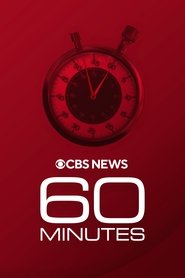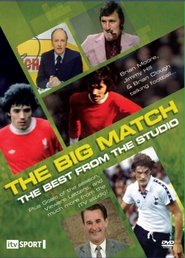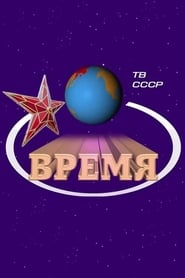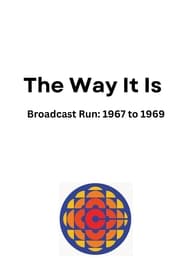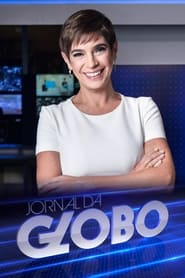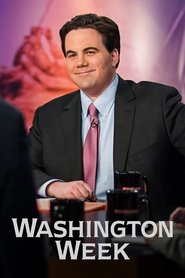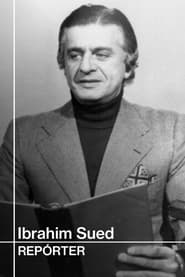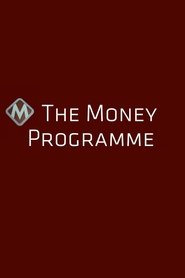New News TV Series on Pantaflix - Page 65
-
Die ZDF-Hitparade
1969
Die ZDF-Hitparade
1969
The ZDF-Hitparade, or Hitparade for short was one of the most popular and most well-known music television series presenting mostly German Schlager. -
60 Minutes
1968
60 Minutes
1968
star 6.6America's popular television News magazine in which an ever changing team of CBS News correspondents contribute segments ranging from hard news coverage to politics to lifestyle and pop culture. -
Night-Club
1968
Night-Club
1968
-
Sportsnight
1968
Sportsnight
1968
Sportsnight was a midweek BBC television sports programme that ran from 1968 until 1997. -
The Big Match
1968
The Big Match
1968
star 10The Big Match is a British Association football television programme, which screened on ITV regularly between 1968 and 1992. The Big Match originally launched on London Weekend Television, the ITV regional station that served London and the Home Counties at weekends, screening highlights of Football League matches. Other ITV regions had their own shows, but would show The Big Match if they were not covering their own match – particularly often in the case of Southern and HTV. The programme was set up in part as a response to the increased demand in televised football following the 1966 FIFA World Cup and partly as an alternative to the BBC's own football programme, Match of the Day. The Big Match launched the media career of Jimmy Hill, who appeared on the programme as an analyst, and made Brian Moore one of the country's leading football commentators. The Big Match originally screened match highlights on Sunday afternoons but in 1978 ITV audaciously won exclusive rights to all league football coverage, in -
Calendar
1968
Calendar
1968
Calendar is a regional television news and current affairs programme, produced by ITV Yorkshire at its studios in Leeds, serving Yorkshire, Lincolnshire and parts of the North Midlands and north western Norfolk areas of England. District reporters and camera crews are based at newsrooms in Hull, Lincoln and Sheffield. -
BBC Look North
1968
BBC Look North
1968
BBC Look North is the BBC's regional television news service for South and West Yorkshire, parts of North Yorkshire and the North Midlands. The programmes were produced and broadcast from the BBC Broadcasting Centre at St. Peter's Square in Leeds with journalists also based at newsrooms in Bradford, Sheffield and York. Look North can be watched in any part of the UK from Astra 1N on Freesat channel 966 and Sky channel 956. The latest edition of Look North is also available to watch on the BBC iPlayer. -
Time
1968
-
Retrospectiva
1967
-
Apropos Film
1967
-
The Way It Is
1967
The Way It Is
1967
"The Way It Is," a Sunday night one-hour show, aired from September 1967 to June 1969. Under the executive production of Ross McLean, following the success of similar CBC programs, it attracted up to 60 contributors, aiming to challenge viewers with compelling content. Hosted by John Saywell and Barbara Frum, who honed her interviewing style here, it featured Patrick Watson, Warren Davis, Percy Saltzman, Ken Lefolii, Peter Desbarats, and Moses Znaimer. Segment producers like Perry Rosemond and Peter Herrndorf worked on the show, which covered diverse topics via studio interviews, music, commentary, panels, and documentaries. While not pushing controversy, it contributed to national dialogue. Notable productions included documentaries on airline safety and Vietnam, setting a serious tone for its era. Its influence extended to later CBC shows like the fifth estate and The Journal. -
News at Ten
1967
-
Dateline: Hollywood
1967
Dateline: Hollywood
1967
-
Jornal da Globo
1967
Jornal da Globo
1967
star 8Jornal da Globo is the late night news show broadcast by the Brazilian television channel Rede Globo. It doesn't have a fixed starting time, but usually airs at or after midnight. Hosted by William Waack and Christiane Pelajo, it shows a detailed summary of the news of the day, highlighting matters such as Brazilian and world's economics and politics. Jornal da Globo was originally launched in 1967 as Rede Globo's first newscast, hosted by Hilton Gomes and Luiz Jatobá. Its first incarnation ended in March 1969 just months before the launch of Jornal Nacional. Jornal da Globo was relaunched for a second time in 1979 and hosted by Sérgio Chapelin, ending again in 1981 before being relaunched for a third time in its current incarnation in 1982. -
Washington Week with The Atlantic
1967
star 9.5Journalists participate in a round-table discussion of news events in this award-winning public affairs series. It first aired in 1967, making it the longest-running prime-time news and public affairs program on television. -
NET Journal
1966
NET Journal
1966
NET Journal is an anthology series that focuses on news and public affairs topics. The episodes come from many producers, and some aired as individual programs before airing on NET Journal. -
The Money Programme
1966
 Netflix
Netflix
 Amazon Prime Video
Amazon Prime Video
 Apple iTunes
Apple iTunes
 Apple TV Plus
Apple TV Plus
 Disney Plus
Disney Plus
 Google Play Movies
Google Play Movies
 Paramount Plus
Paramount Plus
 Hulu
Hulu
 HBO Max
HBO Max
 YouTube
YouTube
 fuboTV
fuboTV
 Peacock
Peacock
 Peacock Premium
Peacock Premium
 Amazon Video
Amazon Video
 The Roku Channel
The Roku Channel
 AMC+
AMC+
 Kocowa
Kocowa
 Hoopla
Hoopla
 The CW
The CW
 Vudu
Vudu
 Starz
Starz
 Showtime
Showtime
 PBS
PBS
 Pantaflix
Pantaflix
 FXNow
FXNow
 Tubi TV
Tubi TV
 Kanopy
Kanopy
 Comedy Central
Comedy Central
 Crunchyroll
Crunchyroll
 Microsoft Store
Microsoft Store
 Redbox
Redbox
 Sun Nxt
Sun Nxt
 ABC
ABC
 DIRECTV
DIRECTV
 Crackle
Crackle
 Fandor
Fandor
 Plex
Plex

